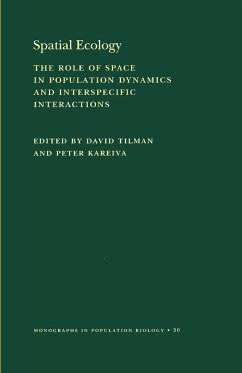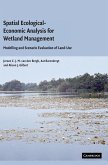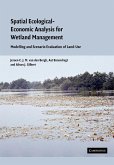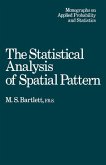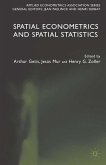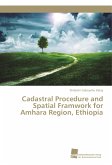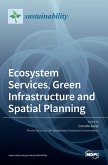Spatial Ecology addresses the fundamental effects of space on the dynamics of individual species and on the structure, dynamics, diversity, and stability of multispecies communities. Although the ecological world is unavoidably spatial, there have been few attempts to determine how explicit considerations of space may alter the predictions of ecological models, or what insights it may give into the causes of broad-scale ecological patterns. As this book demonstrates, the spatial structure of a habitat can fundamentally alter both the qualitative and quantitative dynamics and outcomes of ecological processes. Spatial Ecology highlights the importance of space to five topical areas: stability, patterns of diversity, invasions, coexistence, and pattern generation. It illustrates both the diversity of approaches used to study spatial ecology and the underlying similarities of these approaches. Over twenty contributors address issues ranging from the persistence of endangered species, to the maintenance of biodiversity, to the dynamics of hosts and their parasitoids, to disease dynamics, multispecies competition, population genetics, and fundamental processes relevant to all these cases. There have been many recent advances in our understanding of the influence of spatially explicit processes on individual species and on multispecies communities. This book synthesizes these advances, shows the limitations of traditional, non-spatial approaches, and offers a variety of new approaches to spatial ecology that should stimulate ecological research.
Hinweis: Dieser Artikel kann nur an eine deutsche Lieferadresse ausgeliefert werden.
Hinweis: Dieser Artikel kann nur an eine deutsche Lieferadresse ausgeliefert werden.

